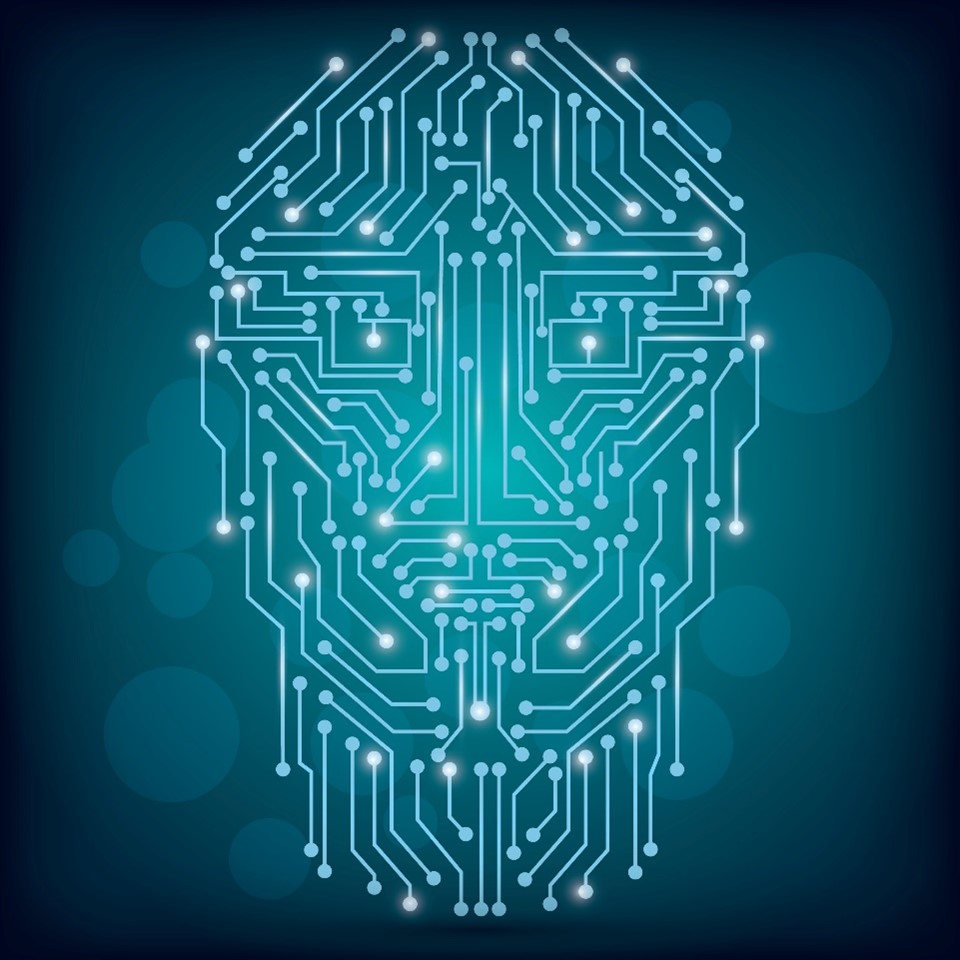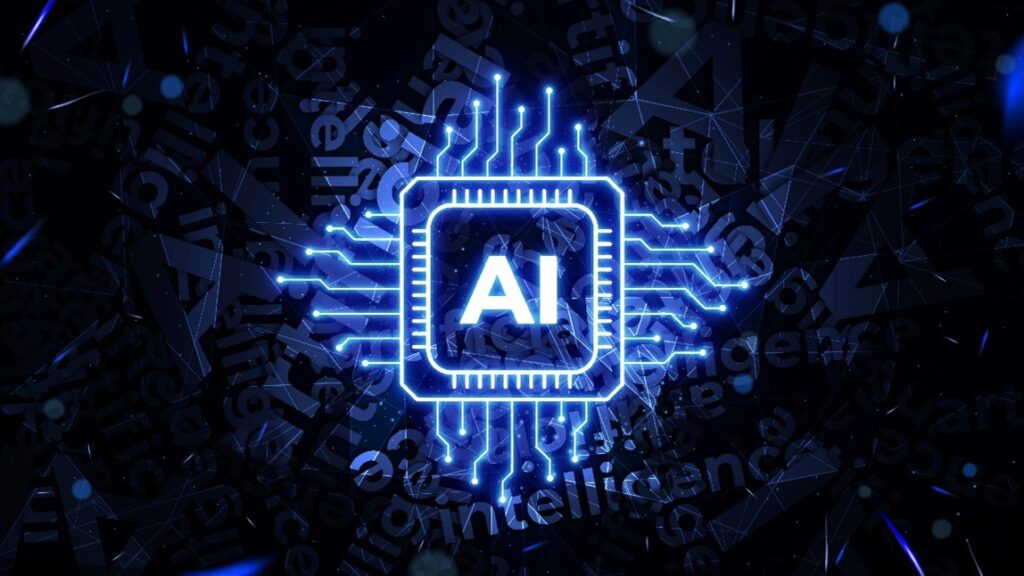
Artificial Intelligence (AI) has emerged as a transformative force that is reshaping industries, revolutionizing processes, and offering novel solutions to complex problems. General AI, often referred to as strong or full AI, has been a beacon of interest for scientists and innovators. Unlike narrow AI, which specializes in specific tasks, general AI is designed to understand, learn, and perform any intellectual task that a human being can. In this article, Moner Attwa explores the latest trends in general AI technology and delves into the ways it is poised to benefit society.
Machine Learning and Deep Learning Dominate
Machine learning, a subset of AI, has been at the forefront of recent advancements. With the ability to learn and improve from experience, machine learning algorithms are now powering a myriad of applications. Deep learning, a subset of machine learning, has been a game-changer. Mimicking the human brain’s neural network, deep learning models have enabled unprecedented breakthroughs in tasks such as image and speech recognition, language translation, and even autonomous driving.
Natural Language Processing (NLP) Breakthroughs
Natural Language Processing empowers machines to understand, interpret, and respond to human language. Recent advancements in NLP have been nothing short of extraordinary. The introduction of transformer models like GPT-3 has brought about a quantum leap in language understanding. These models are now being used in applications ranging from chatbots and virtual assistants to content creation and translation services.
AI in Healthcare: A Lifesaving Revolution
AI is poised to revolutionize healthcare in unprecedented ways. General AI, with its capacity for understanding complex medical data, can assist in diagnostics, treatment planning, and drug discovery. For example, AI-powered medical imaging can detect anomalies in X-rays, CT scans, and MRIs with high precision, potentially reducing the burden on healthcare professionals and speeding up diagnoses.
Autonomous Systems Redefining Transportation
General AI plays a pivotal role in the development of autonomous vehicles. By harnessing technology’s capacity to process vast amounts of data in real-time, self-driving cars are becoming more reliable and safer. This technology holds the promise of reducing accidents caused by human error and revolutionizing transportation systems around the world.

Smart Cities and Urban Planning
AI is set to transform urban environments into smarter, more efficient spaces. General AI’s capability to process immense volumes of data can enhance city planning, optimize traffic flow, and manage energy consumption. Through IoT sensors and AI-powered analytics, cities can become more sustainable, with improved services and higher quality of life for their residents.
AI and Climate Change Mitigation
Addressing climate change is one of the most pressing challenges of our time. Artificial Intelligence can contribute significantly to this endeavor. From optimizing energy consumption to modeling climate scenarios, AI-powered solutions are providing valuable insights and driving innovations in renewable energy, carbon capture, and sustainable agriculture.
Conclusion
As general AI technology continues to advance, its potential to reshape our world for the better becomes increasingly evident. From healthcare to transportation, urban planning to climate change mitigation, the impact of AI on society is profound. It is crucial, however, that we approach these developments with ethical considerations, ensuring that AI technologies are used for the collective benefit of humanity. The journey towards realizing the full potential of general AI is one that holds promise, innovation, and a brighter future for us all.

